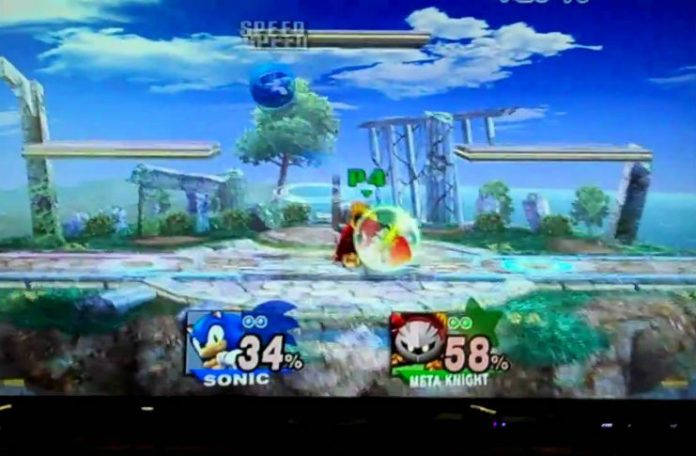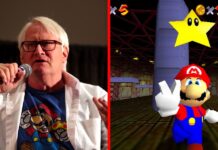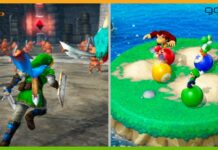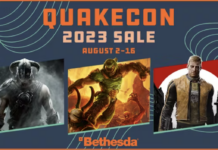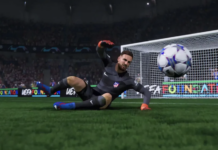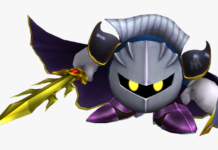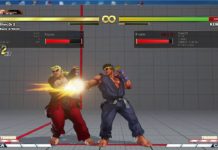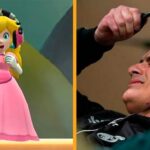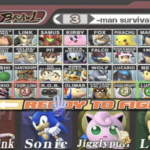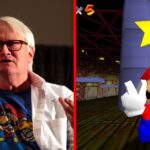Major League Gaming played a massive role in the early days of competitive gaming, and is widely credited with adding a sense of legitimacy to the Super Smash Bros. Melee tournament scene. So when MLG announced that Super Smash Bros. Brawl would be featured on the pro circuit for the 2010 season, there was hope that it would take the game to the next level.
While those MLG Brawl events certainly played a role in the game’s competitive history, it unfortunately ended on a very sour note when it was discovered that two of Brawl’s top players were manipulating the bracket at one of the events to ensure they placed well, and then would split the prize money. This resulted in both players being banned from the rest of the pro circuit and its of popular opinion that this was a core reason as to why Brawl did not return to the MLG pro circuit the following year.
Bracket Manipulation At MLG DC 2010
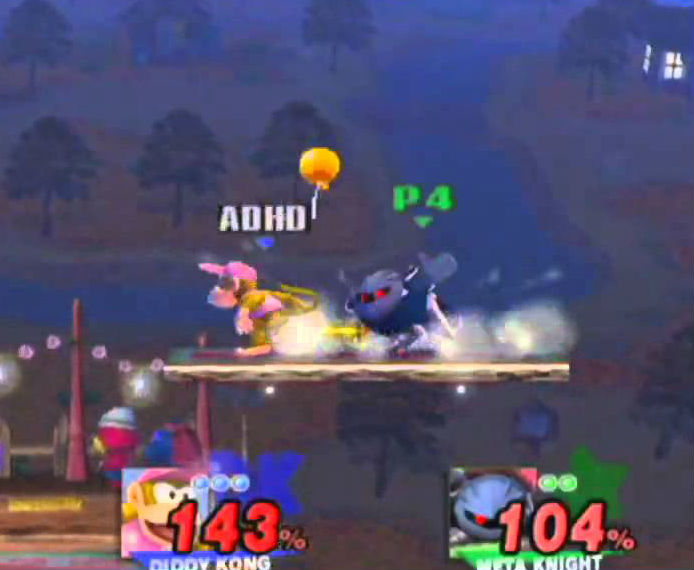
MLG DC 2010 was the fourth event in the Super Smash Bros. Brawl pro circuit, and it was the last event before the championship in Dallas. The clear favorite to win the tournament was Mew2King, who had won the previous three MLG competitions. He had previously had some challenges from newcomers such as Ally and ADHD, but Mew2King made it clear that he was going to practice hard for MLG and the improvements were noticeable.
That’s not to say there wouldn’t be challenges; the aforementioned Ally and ADHD were hot on his tail, and MLG had been the breakout series for players such as ESAM and MikeHAZE. But it was an Olimar player named Rich Brown who would make history at MLG DC 2010 by knocking both Mew2King and ADHD into the loser’s bracket, while he sat comfortably in grand finals.
And so brings us to the situation of bracket manipulation: Mew2King wasn’t confident that he could beat ADHD in loser’s finals, and so he asked him if they could split the prize money (pot splitting was a common, albeit frowned upon practice in these early days of competitive Smash. Since big prize pools weren’t as abundant, players would often split the earnings so that they could at least guarantee some income from each event.)
ADHD told Mew2King to play out the set and they could discuss a split afterwards. ADHD would then go on to beat Mew2King and then double-eliminate Rich Brown to win MLG DC 2010. After the event, ADHD agreed to give Mew2King $300.
When MLG found out about the “split,” they proceeded to ban both Mew2King and ADHD from the championship at MLG Dallas 2010. For context, the first place winner at MLG Dallas would get $12,500.
Community Reaction To Mew2King and ADHD’s Ban
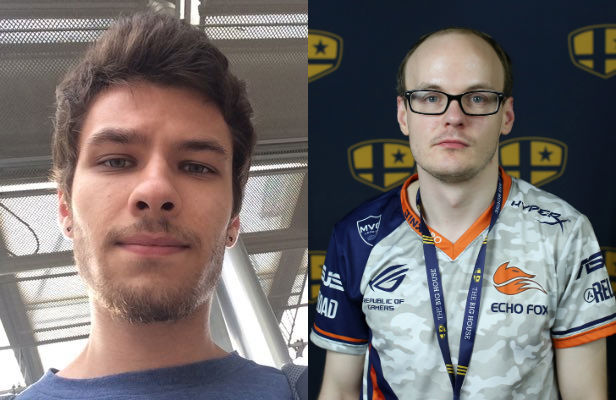
There were mixed reactions to the banning of Mew2King and ADHD. Some say that since no split was agreed upon prior to the match, there was no deliberate fixing and the set was played out legitimately. Others argued in favor of the ban, saying that since ADHD did not outright deny a split, Mew2King likely went into the set holding back since he figured a deal would be reached eventually. While there was argument over the severity of the punishment, most members of the Smash community agreed that ADHD and Mew2King had handled the situation horribly.
MLG citing ADHD giving Mew2King some of the prize money as an additional reason for the ban was heavily criticised, as people thought it was none of the company’s business what a player does with the prize money, and how that action did not alter the placings in any way. Although it was also argued that, due to the aforementioned planning of splitting, it was encouraging bracket manipulation by not punishing the players.
Furthermore, the manner in which Mew2King objected to the ban, only to quickly flip his story and apologize profusely, was criticized as a desperate attempt to get the ban overturned so he could compete at MLG Dallas for the massive prize pool (of which he was still the number one seed of the MLG pro circuit.)
The Aftermath Of Brawl At MLG
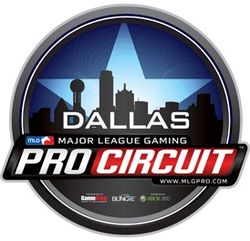
The MLG Dallas finals were won by Gnes and that whole event was a success by any measure, but the uproar caused by the bracket manipulation scandal, as well as the backlash from the community, became one of the primary potential reasons for why MLG did not bring back Super Smash Bros. Brawl for the 2011 pro circuit (it’s also worth noting that Nintendo did not allow the events to be livestreamed, which certainly caused MLG to lose out on money for the game.)
While Brawl would still go on to have many major events and memorable moments, there was never anything quite like the 2010 pro circuit, and it’s a shame that this scandal ended Brawl’s time at MLG on such a sour note.


